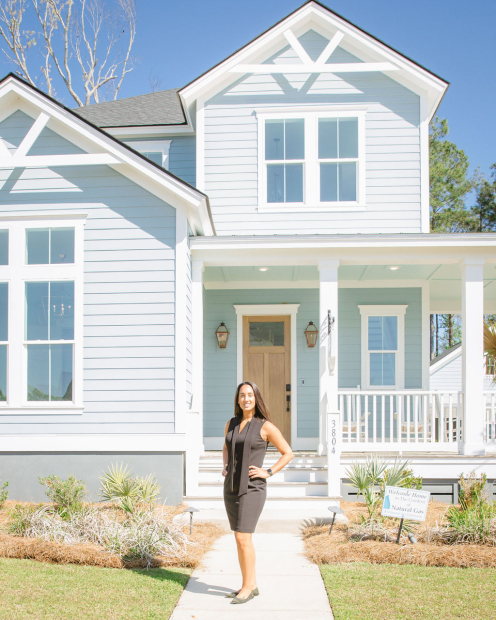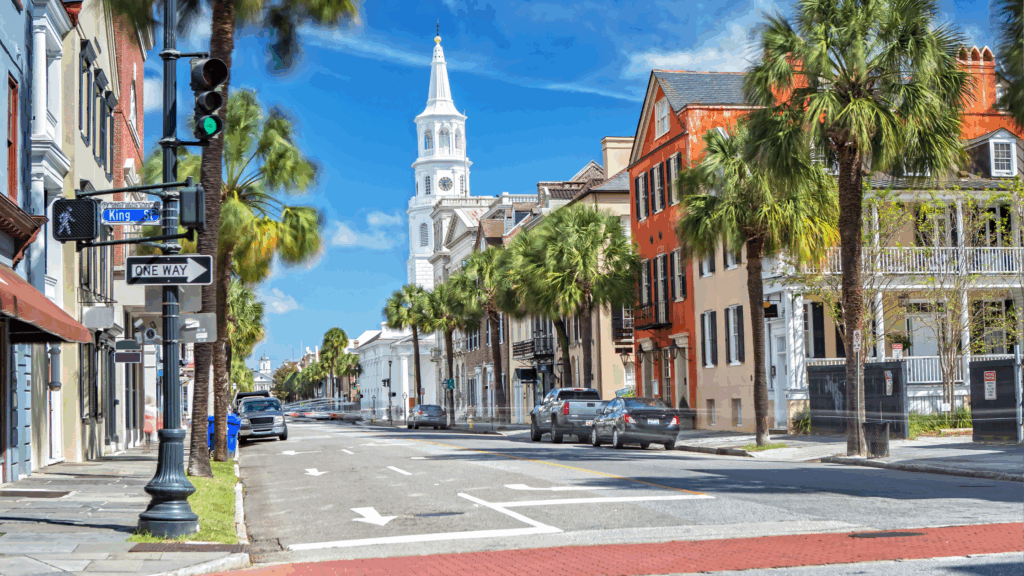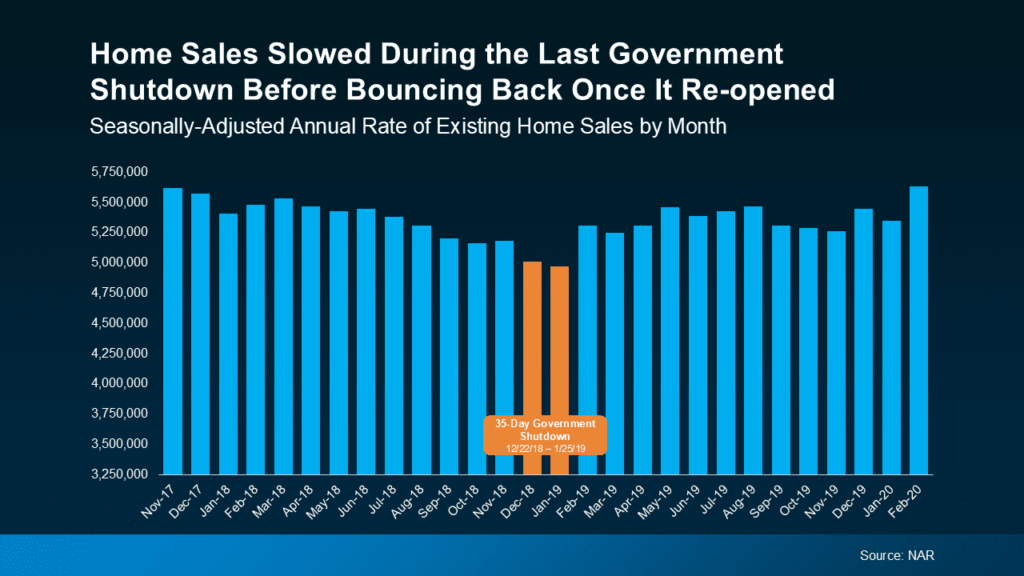When Is The Best Time To List Your Charleston Area Home?
Deciding when to list your Charleston area home for sale is a crucial factor in ensuring a successful and profitable sale. Timing can impact everything from the number of potential buyers to the final selling price. As a real estate agent, I often guide sellers through various considerations that help them determine the optimal moment to put their home on the market. Here are five important factors to consider when deciding when to list your lowcountry home for sale.

1. Seasonal Trends in Real Estate
One of the most significant factors to consider is the time of year. Traditionally, spring is the most active season in the Charleston real estate market, with many buyers looking for homes when the weather is pleasant, and school is still in session. In contrast, winter tends to see fewer listings and buyers, but those in the market during this time are often highly motivated. If your goal is to sell quickly and get multiple offers, listing in the spring or early summer could give you the advantage of more buyer traffic. However, depending on your situation and local market conditions, listing during a less competitive season could work to your advantage by allowing your property to stand out. We have been in a seller’s market for quite some time; however, inventory is creeping up locally; get in touch, and I can share more about the Charleston market!
2. Local Market Conditions
Understanding the current market conditions in your specific area is critical. In a seller’s market, where demand outweighs supply, you’ll have more leverage, and there’s a higher likelihood of receiving multiple offers. On the other hand, in a buyer’s market, where there are more homes for sale than buyers, competition is fierce, and pricing becomes key. Monitoring local real estate trends—like how long homes are staying on the market, recent sale prices, and the number of active listings—will help you determine whether it’s a good time to list your home. A strong and experienced agent can provide you with a Comparative Market Analysis (CMA) to assess these trends and give you a competitive edge. I study trends, past and present, regularly and would love to help.
3. Your Personal Readiness
It’s essential to evaluate your personal readiness to sell. Selling a home requires preparation, from decluttering and staging to making necessary repairs or updates. I often talk sellers out of unnecessary pre listing repairs! Rushing to list your home without taking care of these details or choosing the wrong ones to address could hurt your home’s presentation and affect the sale price. Additionally, if you’re moving to another home, ensure that your transition aligns with your sale timeline or consider a temporary move into a rental or Airbnb. Consider how quickly you need to sell—are you under pressure due to a job relocation, or do you have the luxury of waiting and making sure your home is 100% ready for market? Your personal timeline will play a significant role in choosing the right moment to list.
4. Interest Rates and Economic Conditions
Current mortgage interest rates and the broader economic landscape can also influence the best time to sell your home. When interest rates are low, more buyers are motivated to enter the market, which could lead to a faster sale and potentially higher offers. Conversely, when rates rise, buyers may become more cautious, and fewer may qualify for financing, leading to a slowdown in the market. Keep an eye on economic indicators such as employment rates and consumer confidence, which can also affect buyers’ ability and willingness to purchase a home. I am happy to help you interpret these economic signals and understand their potential impact on your listing strategy!
5. Competition In Your Neighborhood
The number of homes for sale in your immediate neighborhood can greatly influence the timing of your listing. If many similar homes are on the market, it may be wise to wait until some of those listings sell to avoid being lost in a crowded field. Alternatively, if there are few homes available in your area, you may have a competitive advantage by listing when there’s low inventory, increasing your chances of a quicker sale and potentially driving up the price. We can monitor local listings and advise you on the best timing to maximize your home’s visibility and appeal.
Choosing when to list your lowcountry home for sale is a decision that requires careful consideration of both personal and market-related factors. As a real estate agent, my job is to help sellers navigate these variables and find the ideal moment to list, maximizing their chances of a successful and profitable sale. Whether you’re selling in the high-demand Charleston spring market or strategically positioning your home during a quieter season, taking the time to assess the timing will pay off in the long run.



